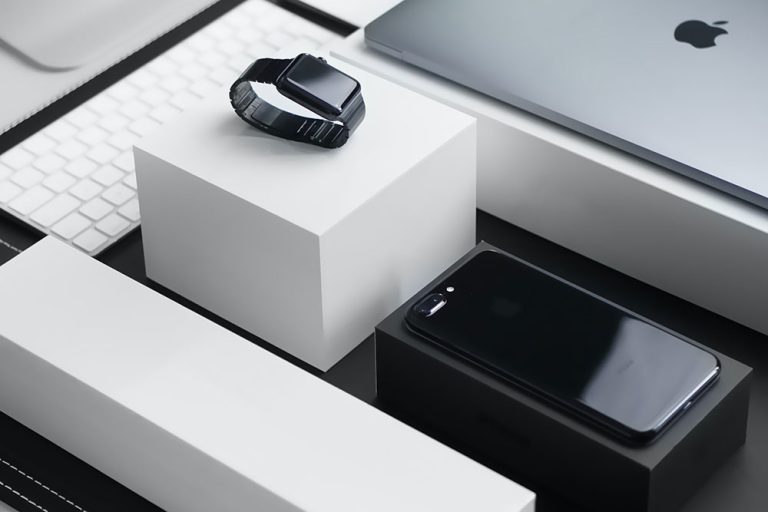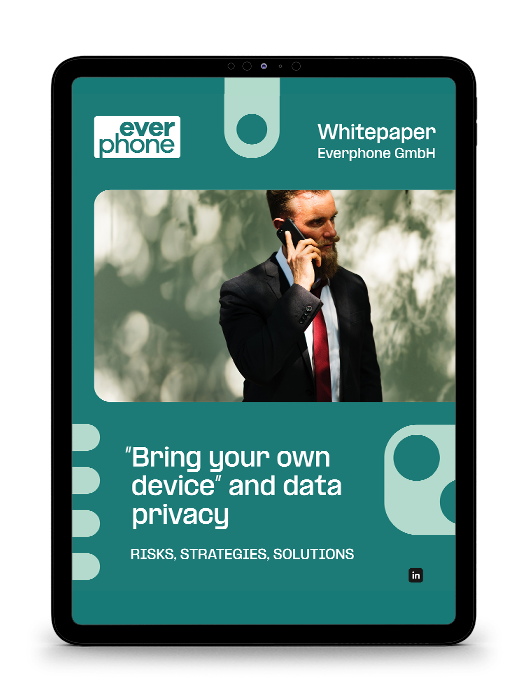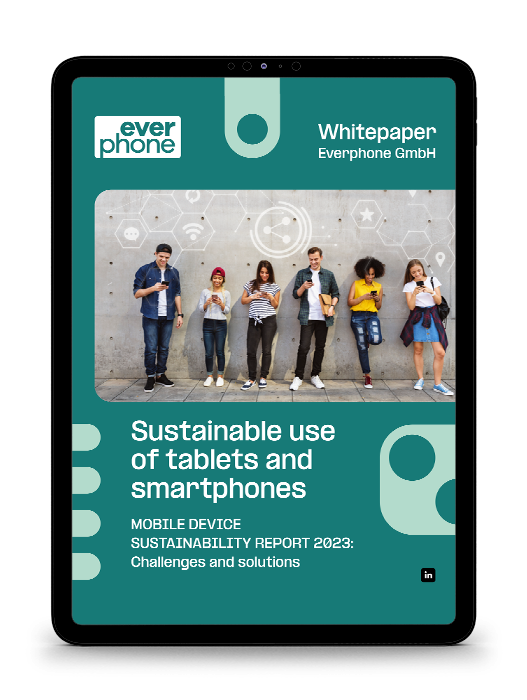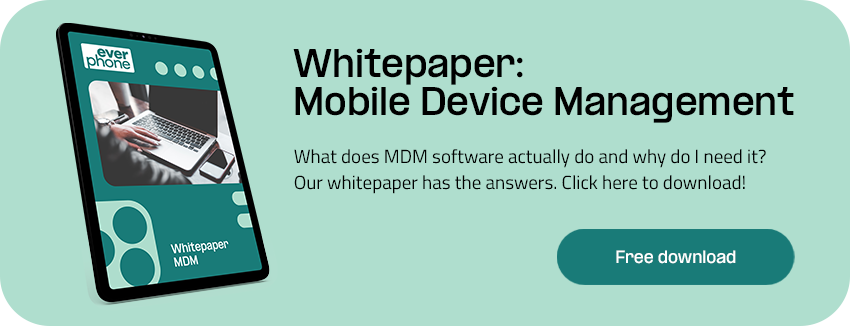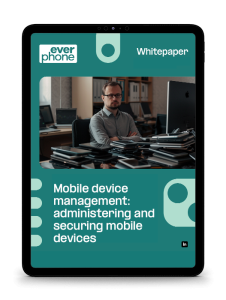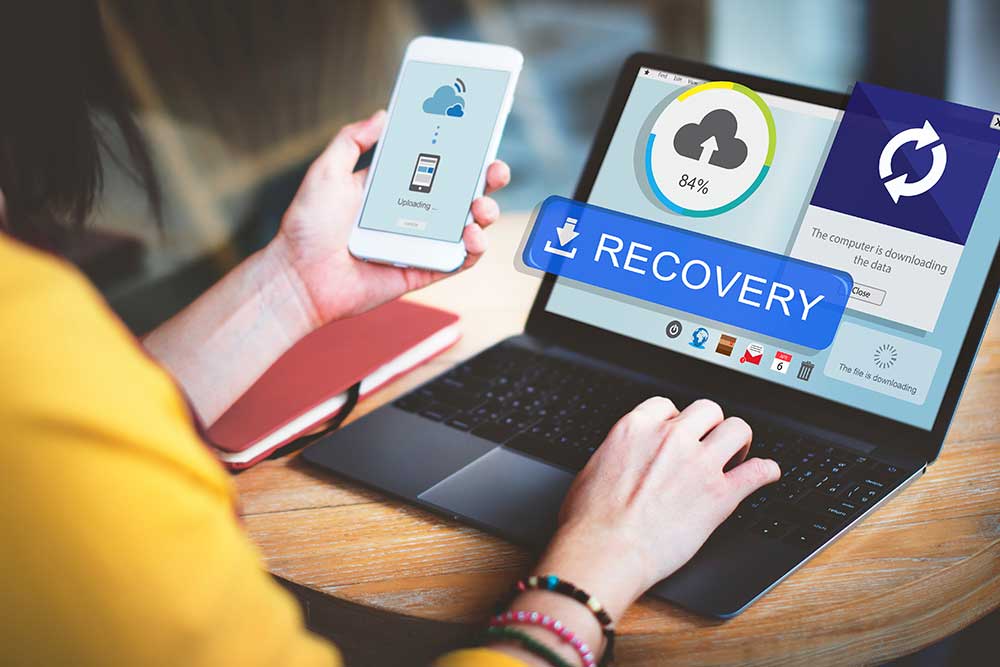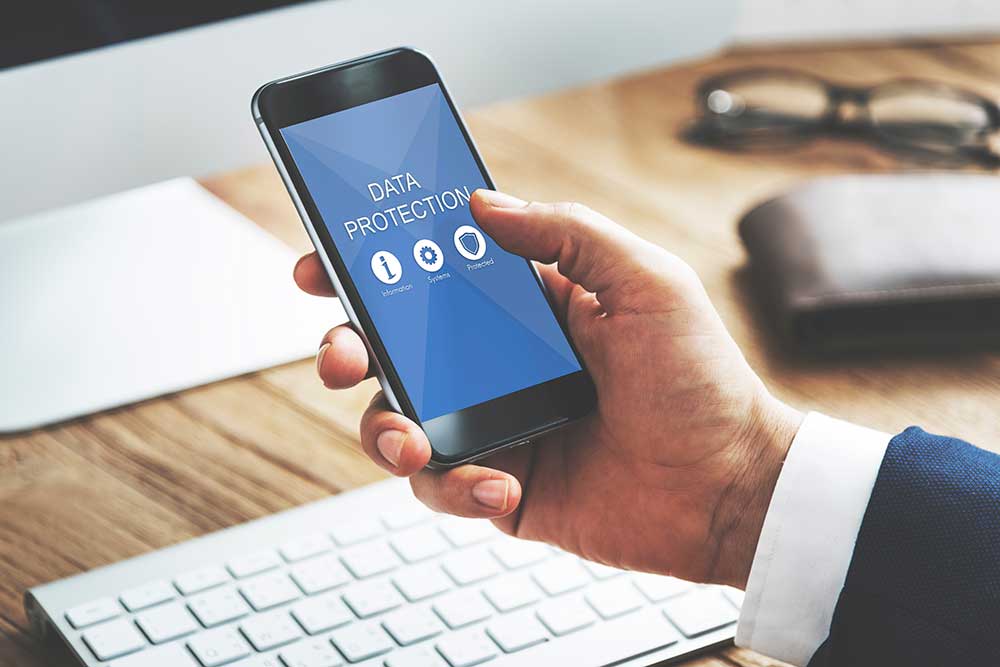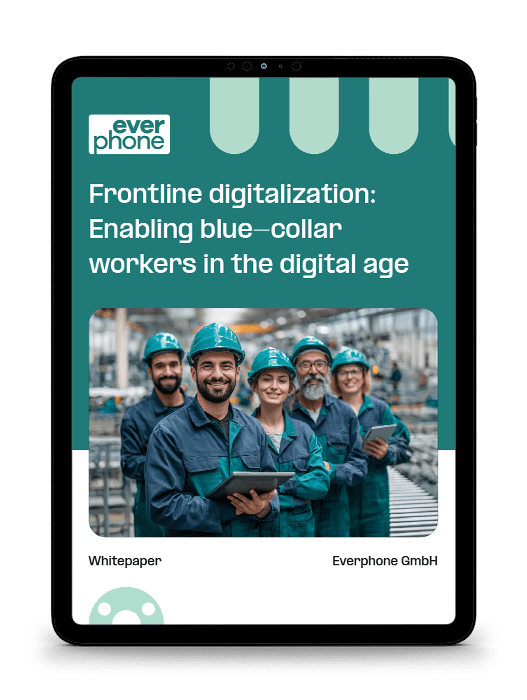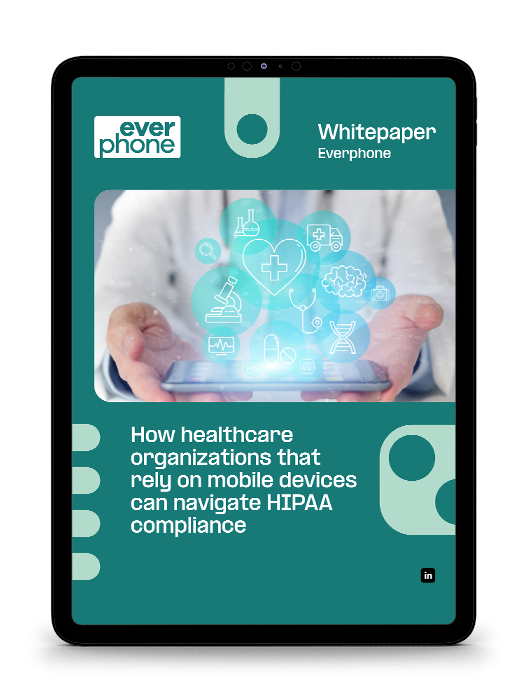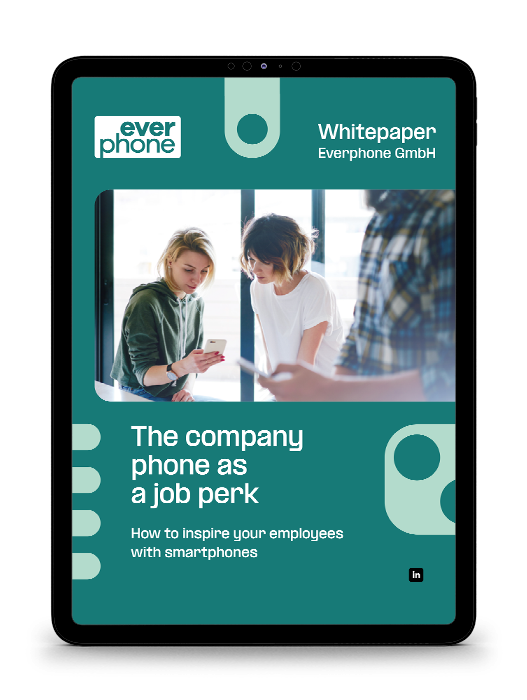The advances of digitalization have made it more convenient than ever to get work done. Whether it’s on a company computer, an at-home laptop, or even a smartphone, more and more companies allow their employees to conduct business on their personal smartphones. This is referred to as ‘bring-your-own-device’ or BYOD. However, this creates a different security risk, as personal devices aren’t as strongly protected and can be easily breached. Luckily there is an alternative: company phones with a strict data separation.
Why is data separation on company phones essential for private use?
Data protection and security is essential for businesses – also on mobile devices. With data being more valuable than ever, some would do anything to get their hands on your company’s data. They can then use the information themselves for nefarious purposes or sell it to other businesses and individuals.
Enhancing mobile security
IT teams within your company understand this. Apart from ensuring that all the technology runs smoothly, they also have to ensure adequate digital security to keep the company assets safe, secure and private.
As you can imagine, managing hundreds of personal smartphones and other private devices is a massive undertaking. This requires ensuring that the proper security protocols are in place and that all the needed security compliances are met.
Data separation with MDM software
However, it also means checking that the apps installed aren’t able to track and send data. This is almost a full-time position on its own, and an expensive one at that. This is where MDM software (Mobile Device Management) becomes invaluable.
The MDM makes it easy to enforce mobile security policies on the given devices – no matter, if smartphone or tablet. This is due to a centralized software distribution on one hand – keeping iOS, Android and apps up-to-date. On the other hand, the MDM creates an encrypted “container” on the devices, also known as “workspace”. This workspace can be administered by the IT department and contains all company data processed on the mobile device.
Whatever app the employee decides to install on the private are of the phone—it cannot and will not have access to the business data in the container.
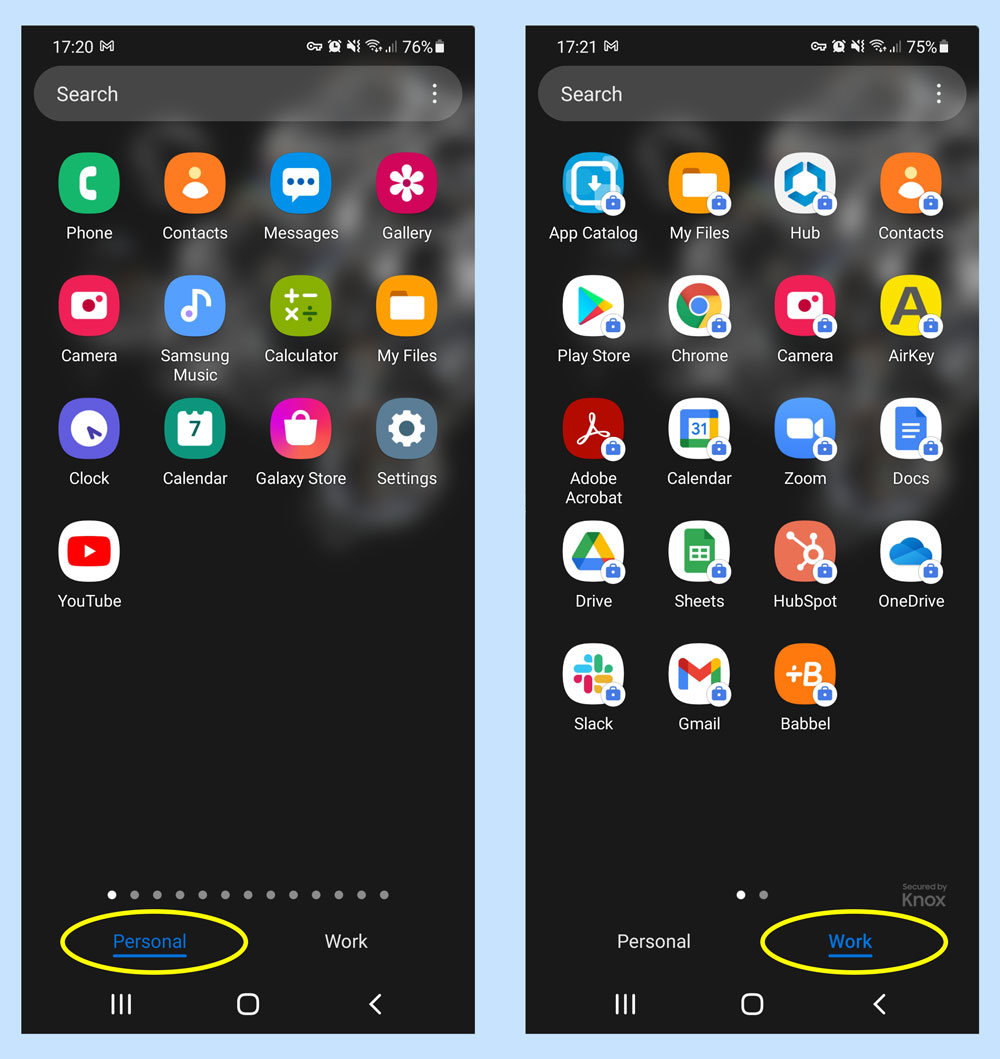
This is how a MDM “container” separates data on an Android smartphone
Why is data separation on company phones important?
Data security and privacy are major concerns, not just for businesses but also for employees. For example, if an employee uses a company mobile for private use, they may inadvertently carry confidential contact information on their device, which many different people can access. Also, from the employee’s side, they could be concerned about which of their personal information their employer will have access to.
Privacy issues through certain apps
By using a work phone for WhatsApp, Facebook, or other apps that are known to collect your data, such as contact lists, documents, images, etc., employees can inadvertently leak confidential information that these third-party apps can collect.
However, this isn’t the only reason why data separation on a company phone is so important. There are specific regulations surrounding data privacy known as General Data Protection Regulation (GDPR) that businesses have to comply with to ensure the correct measures are in place to guarantee employee, client, and suppliers privacy. Data separation for GDPR is one way that businesses can comply with these regulations.
Suppose your business is looking at companies to provide PaaS services. In that case, it’s crucial that you choose one that also offers data separation as part of their mobile device management services and is a company with handy GDPR knowledge to ensure your devices are all compliant with the regulation.

Risks for the company
There are several risks for companies that don’t implement data separation on BYOD and/or Corporate Owned (COPE) devices. Here are some of the risks:
- Increased opportunities for data theft
- Potential malware infiltration from infected devices
- Legal issues caused by data breaches
- The loss or theft of devices containing confidential business information
- Poor mobile management
- Lack of employee training regarding privacy and security of information
- Missing mobile security and antivirus solutions
Risks for the employee
Not only is the company at risk, but the employee who uses their device for personal and work-related tasks without data separation also faces risks.
- Personal data mixes with company information
- Employees’ privacy can be invaded
- No ‘shut-down’ after work hours
- Employees become targets for data theft
How to accomplish data separation on company phones?
Data separation on its own isn’t a complex task. Many new high-end brand names such as Samsung Galaxy and iPhone already come out with features to separate your data by creating personal and work profiles.
When it comes to business and data security, there’s a lot more at stake, and the process becomes a bit more complex. While most IT teams have the skills necessary to set up data separation and security measures on mobile devices, it is a long, laborious process that can cost a lot of money and time.
By using a MDM software, you can ensure that your company gets the hightest level of mobile security. COPE devices will have already been set up with data separation and other security measures to ensure the security of your employees, as well as the company’s data.
Final thoughts
Data separation on company phones isn’t just a matter of convenience but rather a security necessity. To ensure the security of your company, handy providers are available that offer DaaS (Device as a Service) services along with mobile device management to guarantee that the devices used have data separation set up along with other necessary measures to comply with the GDPR.

